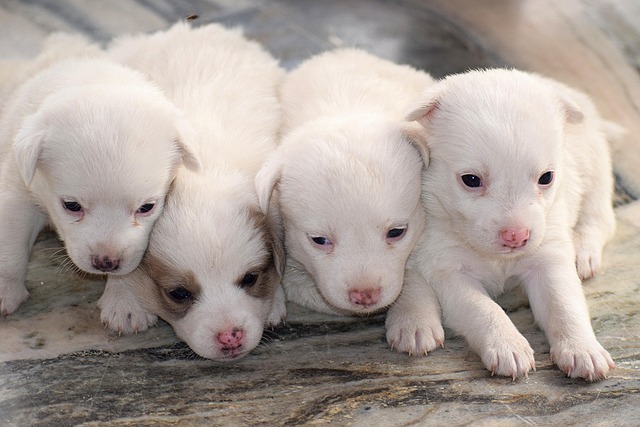
How long can a dog get vaccinated after recovering from a cold
As a dog owner, it’s heartbreaking to see your furry friend sniffling and sneezing through a cold. But once they’re on the mend, you might wonder:
Bringing home a Border Collie puppy is like welcoming a tiny, energetic prodigy—full of wags, smarts, and endless curiosity. But let’s be honest: that dreamy puppy phase gives way to a stage that tests every owner’s patience. So, when does the real challenge hit?
6–18 months old is the tough stretch—the "teenage years" for dogs. Imagine a pup who’s suddenly smarter, stronger, and hell-bent on testing every boundary. It’s not defiance; it’s a mix of raw herding instincts, sky-high energy, and a brain still learning self-control.
First, the energy explosion. These dogs are born to work—restlessness is in their DNA. By 6 months, naps are history. They need 1–2 hours of intense daily activity (running, agility, herding games) plus mental puzzles. Skip this, and they’ll entertain themselves by chewing shoes, digging up gardens, or shredding paper. Boredom, not naughtiness, drives the chaos.
Their intelligence can backfire too. Around 8–12 months, they realize they can ignore commands—like chasing a squirrel instead of "staying." Training becomes a negotiation: they’ll test rules repeatedly, as if asking, "Do you really mean it?" Consistency is key—wishy-washy rules confuse their brilliant minds.
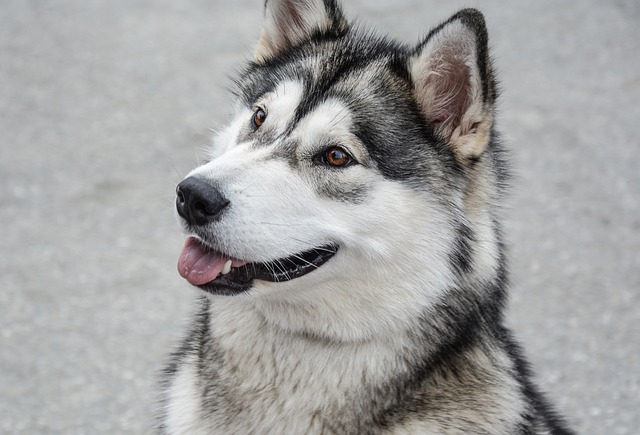 Socialization struggles peak here. Where puppies were open, teens may grow reactive: barking at vacuums, lunging at dogs, or freezing in new places. In areas with strict leash laws and public behavior norms, neglecting this can lead to anxiety or aggression. Proactive training—positive classes, gradual exposure—is a must.
Socialization struggles peak here. Where puppies were open, teens may grow reactive: barking at vacuums, lunging at dogs, or freezing in new places. In areas with strict leash laws and public behavior norms, neglecting this can lead to anxiety or aggression. Proactive training—positive classes, gradual exposure—is a must.
Hormonal changes at 12–18 months add drama, especially in intact dogs. Males mark indoors; females get territorial. Even neutered pups may act out as they find their place in your family. It’s an emotional rollercoaster as they transition to adulthood.
So, how to survive? Channel that energy into what they love: agility, puzzle toys, or local herding trials. Mental games like "find the treat" tire their brains just as much as their bodies—a tired Border Collie is a well-behaved one.
Stick to consistent, positive training (they thrive on praise and natural treats). If commands fail, go back to basics with games—these dogs hate monotony. Don’t hesitate to consult a trainer experienced with high-drive breeds; their tips can make all the difference.
Remember, this phase is temporary. By 18–24 months, most mellow, trading chaos for a calmer, focused bond. The teenage years are tough, but they’re a stepping stone to a loyal companion who’ll tackle adventures by your side.
Owning a Border Collie in their "difficult" age is exhausting yet rewarding. It’s not about the dog being hard—it’s about us learning to meet their need for purpose and partnership. With patience and structure, you’ll emerge with a bond that makes every chewed shoe worth it. After all, that’s the price of loving a breed as extraordinary as this.

As a dog owner, it’s heartbreaking to see your furry friend sniffling and sneezing through a cold. But once they’re on the mend, you might wonder:
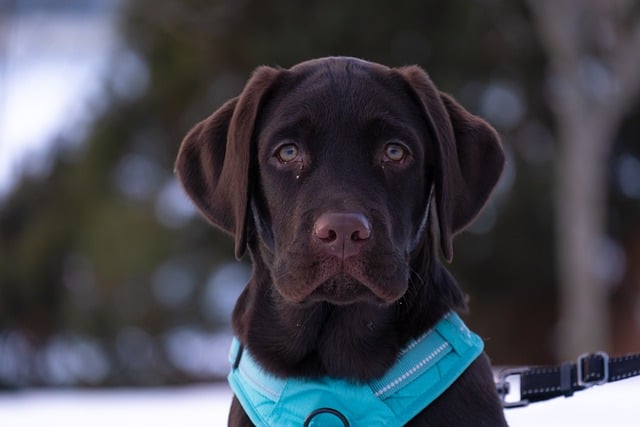
Watching your Labrador bound across the park is a thrill,but what if you notice their ribs showing a bit too much or they tire quickly on hikes?Building muscle isn't just about looks—it's crucial for your dog's joint health,stamina,and overall well-being.
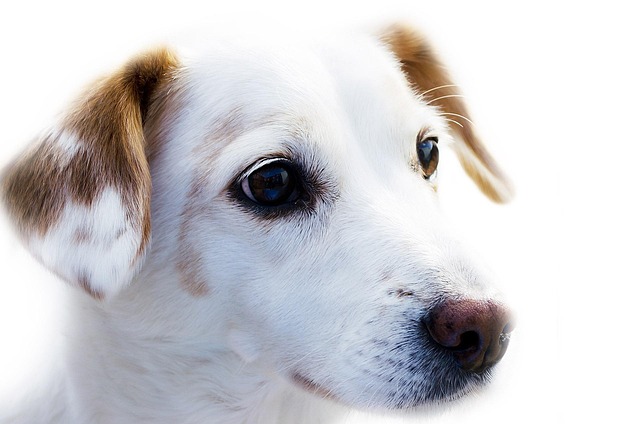
Picture this: Your golden retriever, Max, just came back from a rainy walk in Central Park. He’s sneezing, his nose is runny, and he’s curled up shivering on his bed.

So you're scrambling some eggs for breakfast and those big, hopeful eyes are locked onto your plate. It happens to every dog owner sooner or later.
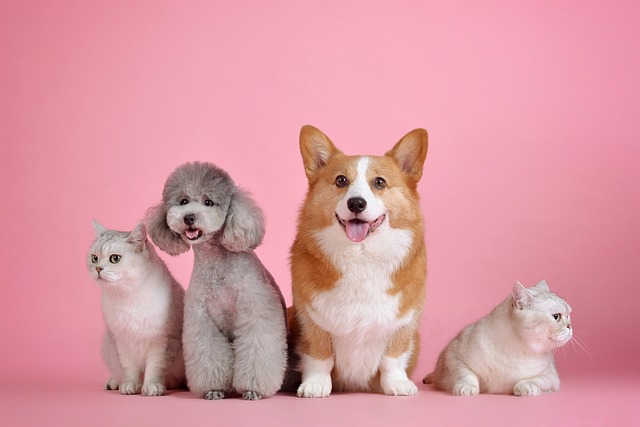
We’ve all buried our noses in that stinky fur after a rainy walk or noticed an unpleasant smell lingering near your dog’s bed.
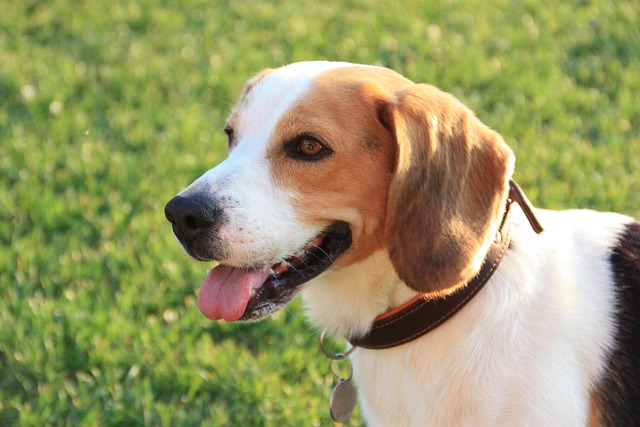
When it comes to Pomeranians and their eating habits, their tiny stature doesn’t mean they lack strong opinions about food.